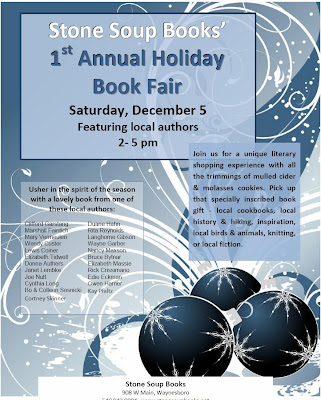 One Life to Give: A Path to Finding Yourself by Helping Others
One Life to Give: A Path to Finding Yourself by Helping OthersAndrew Bienkowski, with Mary Akers
The Experiment, January 2010
Unlike many “self-help” books, this one has an engaging narrative behind it, so not only are the bits of advice that form the core of each chapter extremely useful and insightful, but also the story of Andrew Bienkowski’s life will fascinate and move any compassionate reader. And the book isn’t a “self-help” so much as a “help-others” book or, more precisely, a “help yourself by helping others” book. It’s a blueprint for living a life that is less self-centered and is more about being involved in the lives of others than simply helping yourself.
One Life to Give, written by Andrew Bienkowski with Mary Akers, is divided into fourteen chapters, each one a separate lesson derived from Bienkowski’s life as a child when he and his family were exiled from Poland to Siberia. They endured incredible suffering that the book can only really hint at. But through the suffering and the sacrifices of others, Bienkowski learned. And so the reader learns about the concept of “Radical Gratitude”—taking nothing for granted and remembering all the things in our lives with which we are blessed. We also learn about Listening, Hope, Perseverence, Kindness, and Love. But these are not abstract lessons at all. They are concrete suggestions for living a more fulfilled life skillfully crafted by Bienkowski, a therapist, and Akers, a talented writer. The total package is one that will be hard to put down and even harder to forget.
One of the things I find so rewarding in the book is its blend of the spiritual—with concepts borrowed from many great traditions—and the practical, based on real experience. Sprinkled in with Bienkowski’s observations from his many years as a therapist (it’s inspiring to read about the progress made by real people in dealing with real problems) are stories about his difficult childhood in Siberia: how food was scarce, how his grandfather actually starved himself to death in order to leave more for the family, how strangers would offer help when it was least expected and most needed. But these experiences, rather than hardening the boy, taught him resilience, the power of gratitude and kindness, and the fundamental need for courage and generosity.
It’s a wonderful, inspiring story, beautifully written.

























